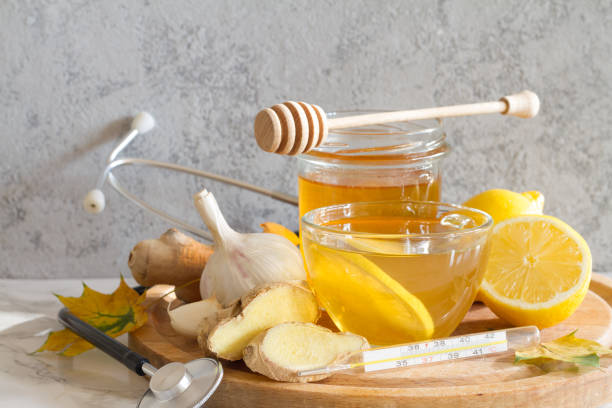
Can Your Diet Help Prevent Colds and Flu? Here’s What You Should Eat
Share
As the colder months approach, so does the increased risk of catching colds and the flu. While there is no magic food that can make you immune to these seasonal illnesses, maintaining a well-balanced diet packed with essential nutrients can help strengthen your body’s natural defenses. The immune system relies on a variety of vitamins, minerals, and antioxidants to function optimally, making your food choices a crucial part of staying healthy.
A diet rich in vitamin C can be particularly beneficial for immune support. This powerful antioxidant helps protect cells from damage and promotes the production of white blood cells, which are essential for fighting infections. Citrus fruits such as oranges, lemons, and grapefruits are well-known sources, but other foods like bell peppers, strawberries, and broccoli also provide an excellent boost. Including these foods regularly in your meals can help fortify your immune system against seasonal viruses.
Zinc is another key nutrient that plays a vital role in immune function. It has been shown to help reduce the duration and severity of colds by supporting the body’s ability to fight infections. Foods rich in zinc, such as nuts, seeds, whole grains, and lean meats, should be included in your diet to keep your immune system strong and responsive.
In addition to vitamins and minerals, certain natural ingredients have been used for centuries to help ward off illness. Garlic, for example, contains a compound called allicin, which has antimicrobial properties that may help the body combat viruses and bacteria. Likewise, ginger has anti-inflammatory and circulation-boosting effects that can support overall health. Consuming these ingredients regularly — whether added to meals or brewed into soothing teas — can provide an extra line of defense against colds and flu.
Gut health is another important factor in immune function, as a large portion of the immune system resides in the digestive tract. Probiotic-rich foods, such as yogurt, kefir, sauerkraut, and kimchi, promote a healthy balance of gut bacteria, which in turn helps the body fight off infections. Ensuring your diet includes fermented foods can be a simple yet effective way to support your immune health.
Healthy fats, particularly those found in foods like fatty fish, walnuts, and flaxseeds, are also essential for immune function. Omega-3 fatty acids help reduce inflammation in the body, which can support immune responses and overall well-being. A diet that includes these healthy fats can contribute to better resilience against illness.
Staying hydrated is another often-overlooked aspect of immune support. Water plays a crucial role in helping the body flush out toxins and keep mucous membranes moist, which acts as a natural barrier against pathogens. In addition to drinking enough fluids, consuming water-rich foods like cucumbers, oranges, and watermelon can help maintain hydration levels.
While no single food can completely prevent colds and flu, adopting a diet rich in immune-boosting nutrients can significantly reduce the likelihood of getting sick. A balanced intake of vitamin-rich fruits and vegetables, zinc-containing foods, probiotic sources, and healthy fats can provide your body with the necessary tools to fend off infections. Combined with proper hydration and good lifestyle habits, a well-rounded diet is one of the best natural ways to support your immune system throughout the season.
Get more knowledge about eating healthy, please refer to The Anti-Inflammatory Kitchen.
